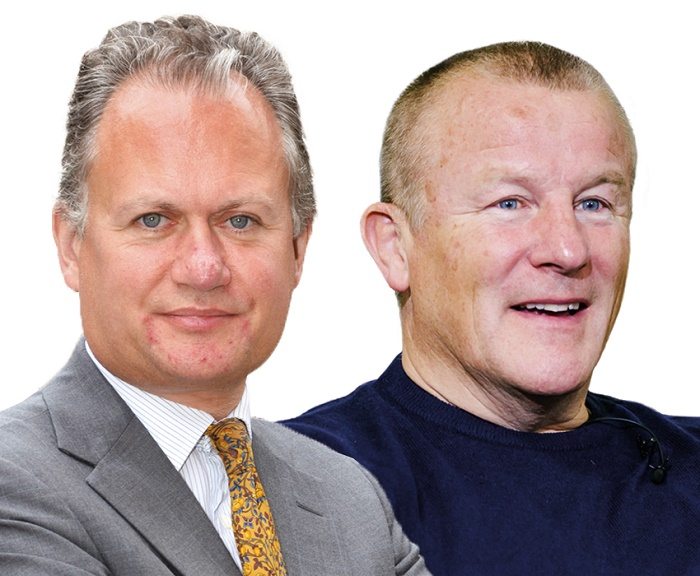The Office for National Statistics this morning reported the UK economy had suffered its weakest period of GDP growth in over five years, inching precariously close to zero and missing the Bank of England’s and analysts consensus of 0.3% growth.
The first estimate casts doubt on contrarian predictions from UK bulls, such as Woodford and rival UK equities manager Buxton.
Woodford this month declared the UK economy could be the fastest growing OECD nation by the end of 2018, while Buxton has gone on record predicting UK GDP would be 2% in 2018.
The ONS said a hit to the construction sector, weaker manufacturing growth and squeezed consumer spending were the main contributors to the UK’s lacklustre performance.
Buxton’s £2.2bn Old Mutual UK Alpha fund has generated negative returns year-to-date of -1.41%, putting him middle of the pack among IA UK All Companies sector peers but above the FTSE 100’s returns of -2.02%.
The LF Woodford Equity Income fund is the second worst performer of the 260 odd funds in the sector so far this year, returning -7.48%.
Britain left behind
“Growth is now not only slower than its global counterparts – it is its slowest since Q4 2012,” said Nancy Curtin, chief investment officer at Close Brothers Asset Management.
“The scale of the slowdown will certainly raise investors’ eyebrows,” Curtin added.
However, UBS Wealth Management head of investment Geoffrey Yu cautioned investors against overreacting.
“Firstly, seasonal factors aside, momentum across Europe has slowed as indicated by the ECB’s own softer tone on Eurozone growth,” said Yu. “A cyclical economy like the UK’s will be more exposed to global conditions and this has had an effect.”
“Secondly, it was only a few weeks ago when we were cheering the recovery in UK real income growth. More upside surprises can be expected in the coming months.”
Rates uncertainty
The GDP figure throws further uncertainty on whether the Bank of England will vote to raise rates next month.
Yu said the figures affect on UK monetary policy would be “more marginal” than Mark Carney’s comments on a May rate rise looking less likely.
But Curtain says the UK could still fall further behind its global counterparts if it fails to address productivity.
“The real concern for Mark Carney and the MPC will be how much of this slowdown is down to underlying and structural issues with the economy.
“Brexit related uncertainty is still a key factor and productivity needs to be an absolute point of focus for the economy to catch up to the global synchronised recovery we’re experiencing elsewhere.
“Britain has endured the worst decade for productivity growth since the 18th century, and the failure to get out of this slump is a real worry. Successfully increasing productivity will improve wage growth and spending, as well as business investment, and would be the catalyst to competitive growth.”










